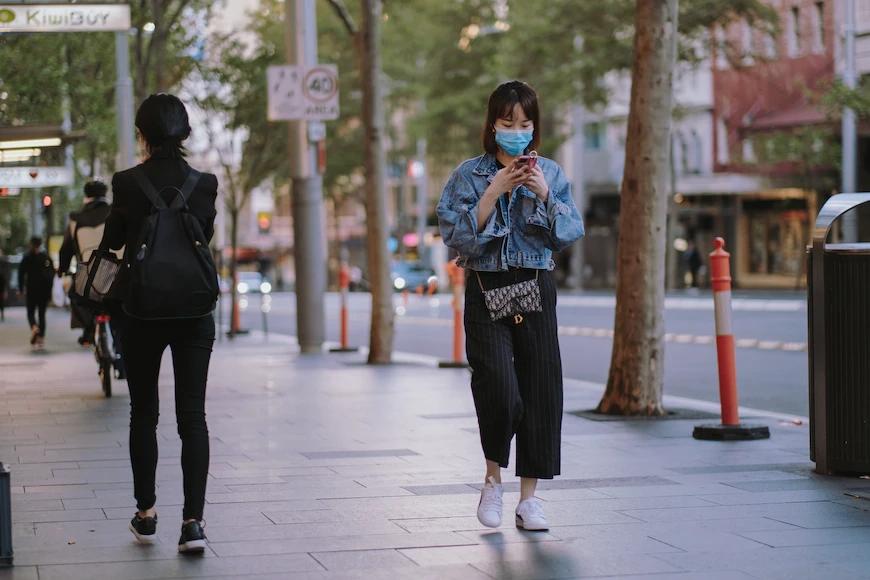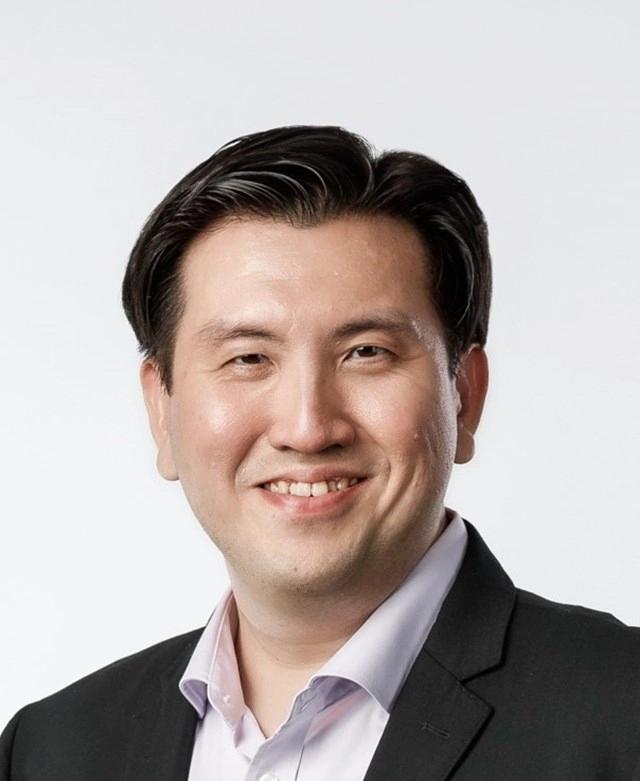-
What we doPersonal development
- Accelerating your impact
- Leadership for young people
- Navigating transitions
- Boosting collaboration
- All programmes
-
Social campaignsSocial campaigns
Taking a stand on social issues. Join us in investing for a better future
Read moreCurrent campaignsRelated -
ImpactEvidence
-
AboutWho we areLocations
Wei Yang's story
Wei Yang Cheong
/
6 min read
Leveraging change and using influence in my new role to further innovate Singapore's healthcare system

At the height of the COVID outbreak in Singapore, I was asked to step into the role of Deputy Secretary (Special Projects) for the Ministry of Health in Singapore. I had already signed up for the January programme (now known as the Global Leaders Programme), aimed at senior leaders making significant transitions in their leadership before I was asked to move. Thankfully I chose to continue to attend the programme despite my new relentless workload, as it was helpful to consolidate for me the framework and way of thinking in leadership.
More importantly, it helped to frame what value I bring to the role.
Due to my background in overseeing the planning for Research and Development for Singapore as Deputy CEO of the National Research Foundation, I had access to and knowledge of technologies that allowed me to implement technologies efficiently in the fight against COVID
I know that my advantage in this role is to be the voice that says things that no one was saying. To be the voice of change. Because I was new and could afford to ask silly questions.
Accelerating change and innovation at the Ministry of Health
Singapore's healthcare system is world-famous for being very efficient, which is why some people don't see the need to change anything. I realize that as a leader, I have to create the right environment in order for change to happen gradually and naturally. I know that I have to pace myself to generate acceptance. Sometimes going too fast can actually mean going backwards.
On the January programme, we heard Google executives talk about how they create permission spaces – honest, open spaces to allow conversations about innovation to happen between people.
In the Ministry, I've been trying to create these permission spaces within our system to encourage an innovative mind set. By creating this space, bringing the right people to the table, and making sure they have enough latitude for exploration, I'm hopeful that a culture of innovation will take root.
Implementing ideas from the programme
On the programme, we were looking at the challenge: 'how do we develop innovative approaches to healthcare that support access for all?' A diverse group of leaders started to brainstorm ways to deliver healthcare to the most unreached – people in extremely rural areas with no access to healthcare. Even though Singapore doesn't have a rural population, I realized that these ideas could still be implemented in my country. Singapore still has a population of people who have problems accessing healthcare either due to lack of education, cultural dispositions, fear of the unknown and of hospitals.
Two ideas came from the programme that I’m trying to implement in Singapore's healthcare system:
1. Community Health and Social Worker systems synergized
Both systems can work seamlessly together so that instead of 10 different agencies coming to see an elderly person episodically, we can have 1-2 persons able to spend 5-10 times more time with the person going through all types of issues with them. In this way, the community health or social worker will be able to understand how each organization can combine efforts to help the person. It will also build trust between the worker and the person through more sustained interactions. This provides a more holistic care that is far more effective than the existing system.
2. Using the local community to create a healthcare ecosystem
To ensure that the community is invested in their own health, we need to create an ecosystem of people who become community health workers but not in the traditional sense. For example, we could train the large turnout of Singaporeans who volunteered during the pandemic to become community health workers. In this manner, you are pushing healthcare into the hands of the community. You are enabling the community to take charge of their healthcare.
At the moment, I'm in the process of getting these ideas implemented. It's going to be a long road ahead but I will persist in being a catalyst for this to happen.
From the programme, I learned that a leader should attract people that have the will and the courage to make changes, and to create the space and the time for them to make innovations happen. You must walk the talk together with them. Once you do this, changes will take place and overall the system becomes much better.

Wei Yang Cheong is Vice Provost for Strategic Research Partnerships at Singapore Management University and Senior Adviser for Health Economics at the Ministry of Health, Singapore. He took part in the January Programme (now Global Leaders Programme), in 2020.
Related Stories
Meera Harish
Rosalyn Springer
Rituparna Mandal

